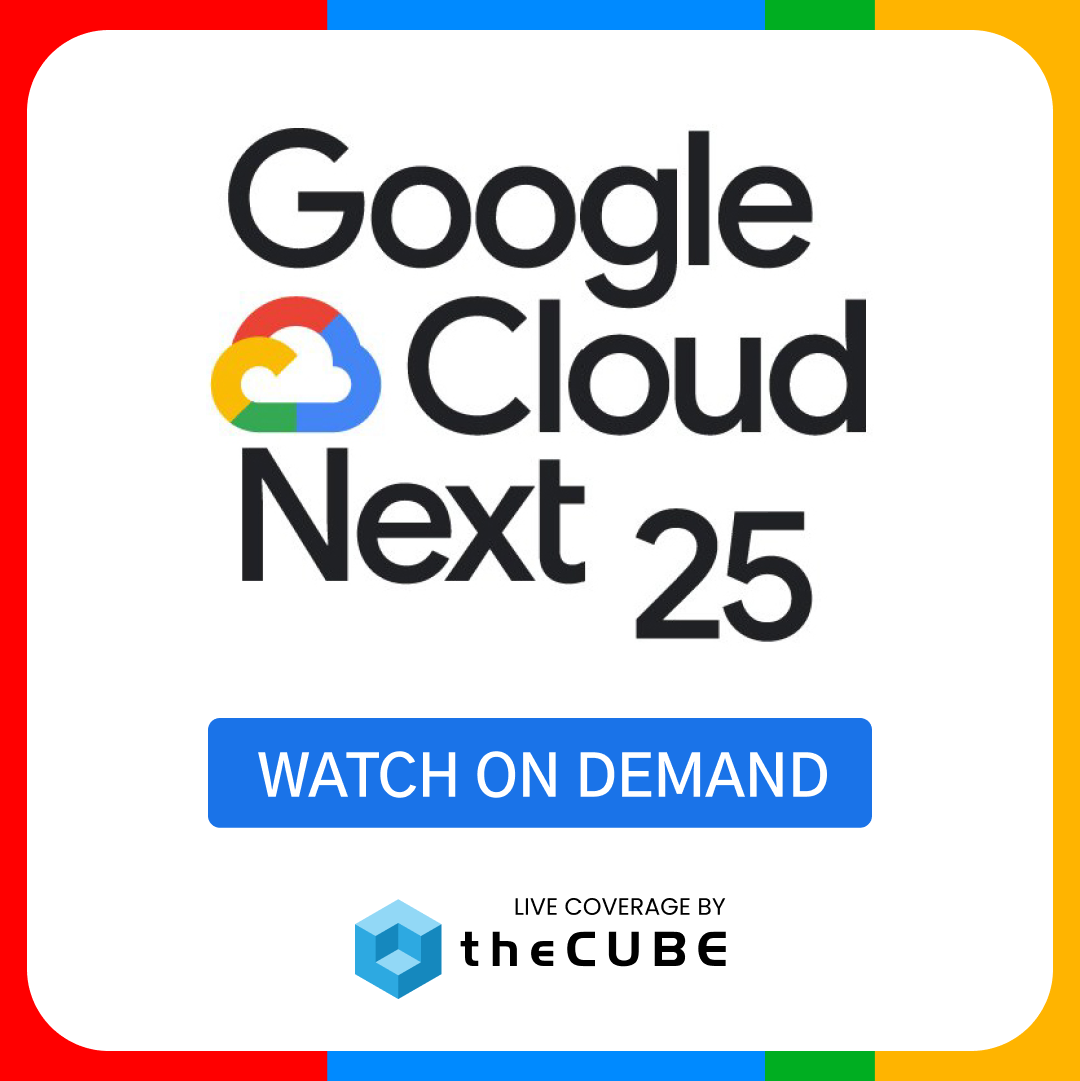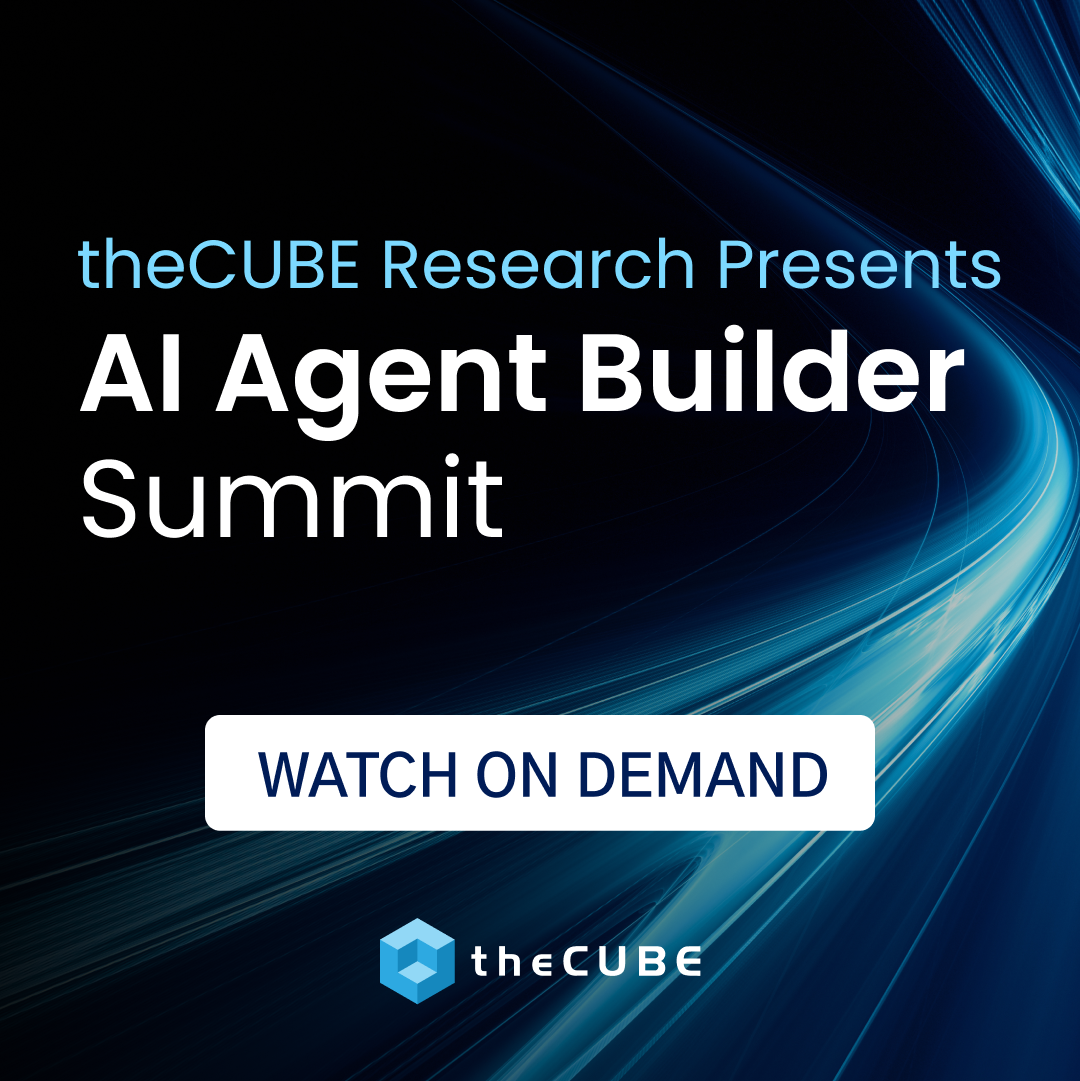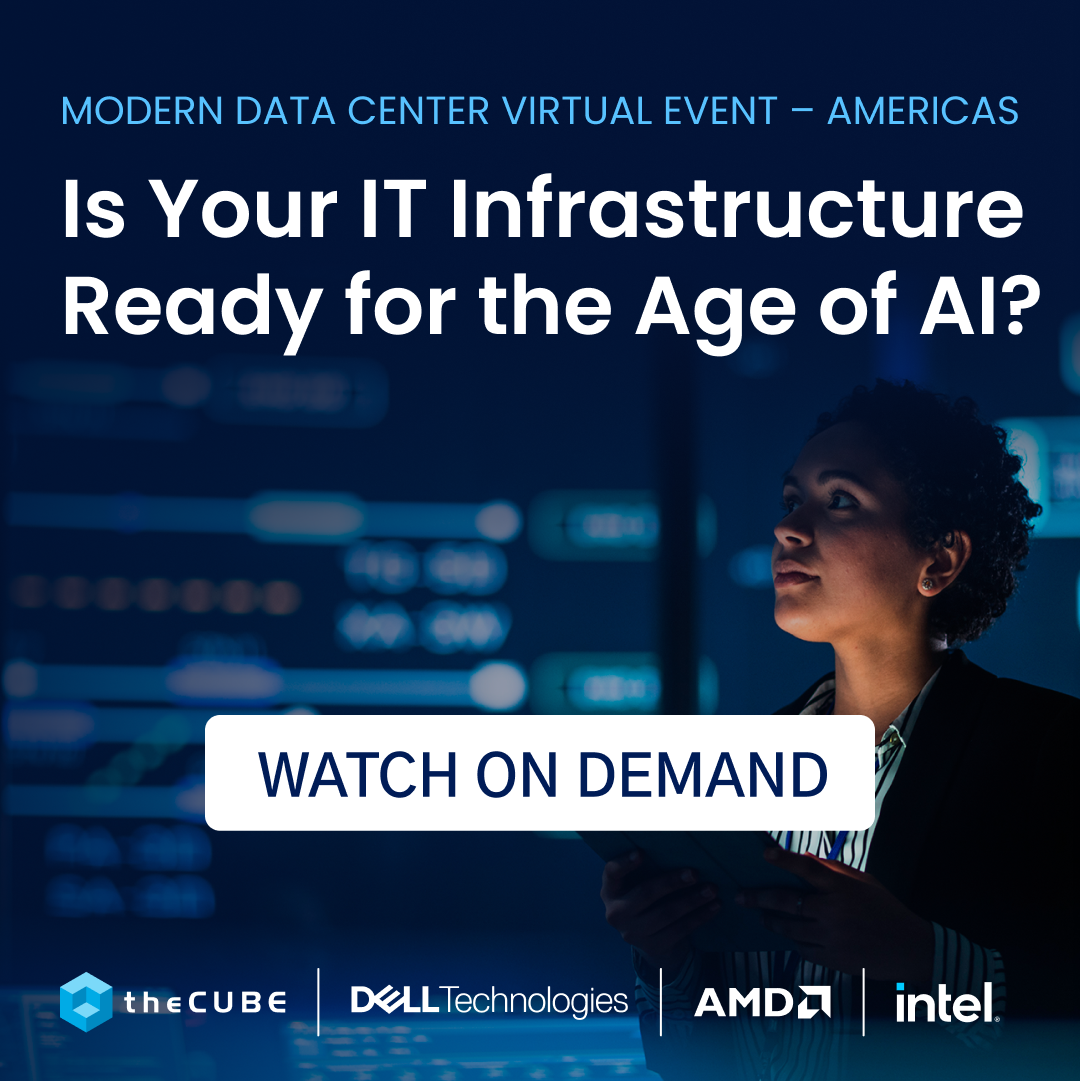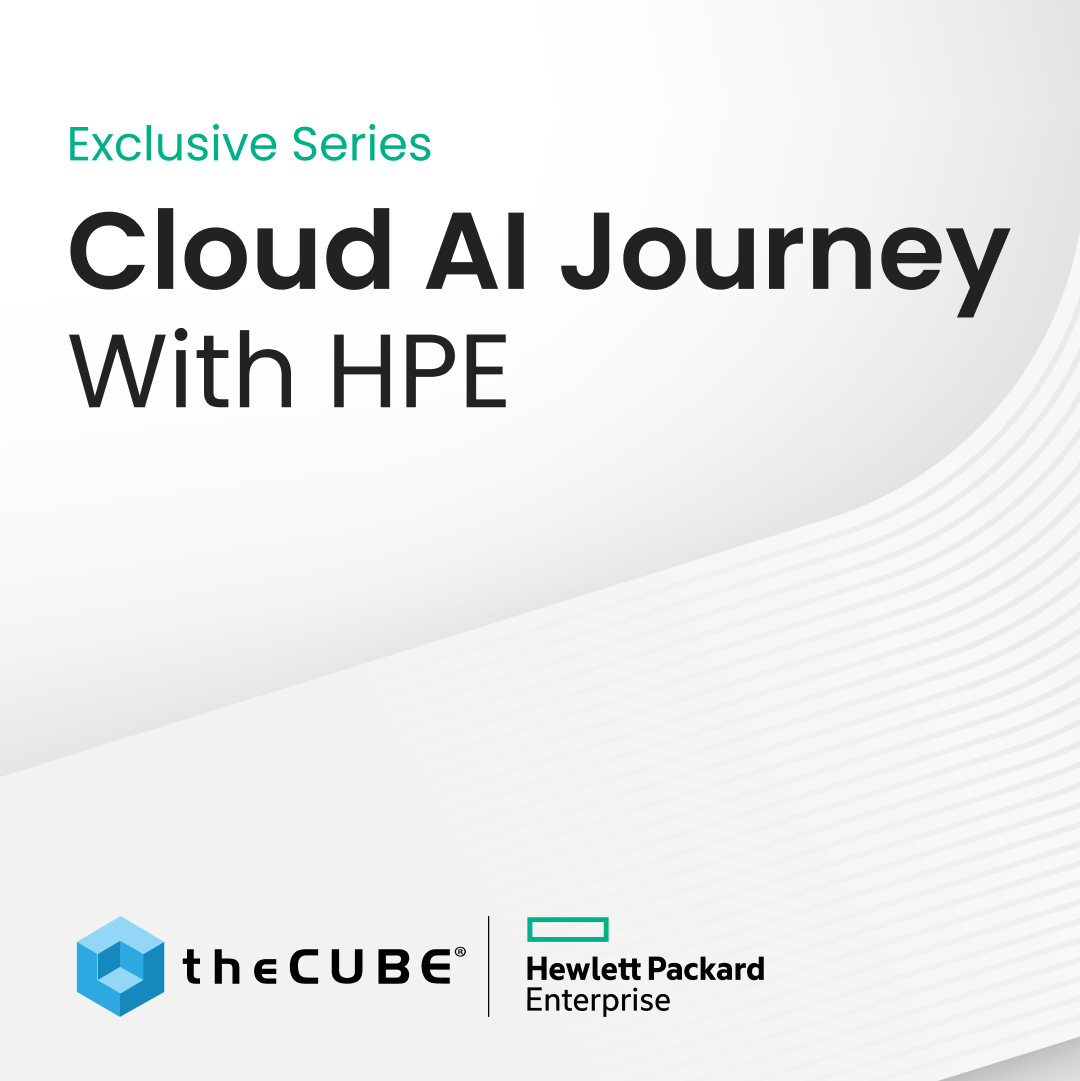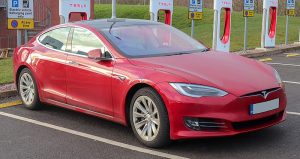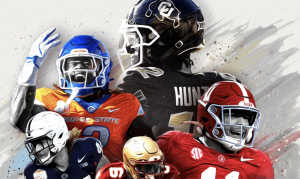IBM + The Economics of Data : #dataeconomy CrowdChat
![]()
In partnership with IBM yesterday, SiliconANGLE held a #dataeconomy CrowdChat on the economics of data. The goal was to discuss how data value is contributing to organizations. Specifically, they discussed how to measure value, what metrics matter, what types of organizations are taking action with the data, and some creative examples of data monetization – like ad serving, LinkedIn, Google, and financial services.
The #CrowdChat also discussed the balance between information as an asset versus a liability, when to delete data and information governance, and whether the notion of a data czar or a chief data officer (CDO) is warranted. Furthermore, should that person be the CIO or independent of the CIO?
Today we’re recapping on the Twitter conversations surrounding the industry questions outlined above, summarizing yesterday’s responses from the event.
![]()
- What are the most used metrics to determine the value of data in today’s Big Data economy?
Metrics are the backbone that prove all data-related questions. In the Big Data economy, things like increased conversion rates, lowered customer acquisition costs, shorter time to insight, and increased revenue can perpetuate the value of data the most clearly. The Big Data ecosystem is bustling with newly forged alliances as analytics vendors close in on the traditional enterprise. Business intelligence means that we’re starting to do more and prove more with the data.
Wikibon CTO David Floyer stressed the importance of location in Big Data, saying “Lets start with the obvious – data is more valuable when it is close to other related data – the further apart, the less valuable the data network.”
While the conversation on data location lead to few conclusions, it highlights the importance of discussing the physicality of data – it does indeed have gravity, as Floyer points out. Just look at the bottlenecks system engineers are dealing with, struggling to get the right data sets to the right analytics software, or spinning up server data on-demand. The location of that data has a very notable impact on one’s ability to process information in real-time or near real-time, and the data network Floyer speaks of will be increasingly important.
Here’s a helpful breakdown of data gravity and how certain trends, especially converged infrastructure, can help, but also limit, solutions to data location.
- Is a data czar or a chief data officer (CDO) who drives strategy, quality, and governance warranted? Furthermore, should that person be the CIO or independent of the CIO?
This question from Wikibon CEO and Co-Founder Dave Vellante got some of the biggest responses from participating data professionals. The overall sentiment is, whether we’re talking about a specific data czar or a central data group, that entity should be independent from the CIO.
The argument is that the CIO has too much on his/her plate. SiliconANGLE CEO and Founder John Furrier said it best, “This, in my opinion, will be a new job that will be created more about compliance and API mgt, but my concern is, ‘does this stunt innovation organically?'”
The matter of data quality is irrevocably tied to the concept of a data czar, and this will certainly determine a great deal about how organizations go about managing APIs and compliance.
- Being able to access the data, for non-techies is the golden pot at the end of the rainbow.
How will innovations to #BigData and flash storage change application delivery and directly impact organizational value/productivity? asks Vellante. CIO Strategic Advisor Tim Crawford summarized it best, saying the real inhibitor to #BigData is providing the business users with access to the data, and a burgeoning ecosystem of associated analytic tools. Flash storage increases costs and performance, but is not (today) a direct benefit to #BigData. Analytics are a bigger issue than tech performance.
Specialized analytics will be utilized across the enterprise based on the data in use. A good example of the economics of Big Data is its relation to the healthcare field. Supercomputers like IBM’s Watson have a much more significant value than just drug interaction. By allowing universal access to data and analytics, and an ecosystem of making it easier to understand, you allow individuals to take control of their own health.
See a full-recap of the #dataeconomy CrowdChat on Storify:
A message from John Furrier, co-founder of SiliconANGLE:
Your vote of support is important to us and it helps us keep the content FREE.
One click below supports our mission to provide free, deep, and relevant content.
Join our community on YouTube
Join the community that includes more than 15,000 #CubeAlumni experts, including Amazon.com CEO Andy Jassy, Dell Technologies founder and CEO Michael Dell, Intel CEO Pat Gelsinger, and many more luminaries and experts.
THANK YOU

